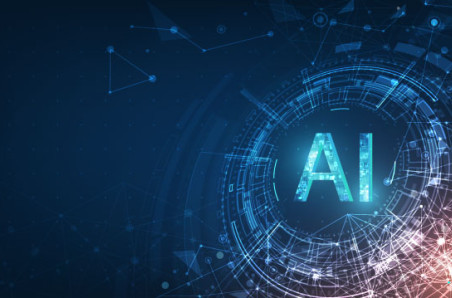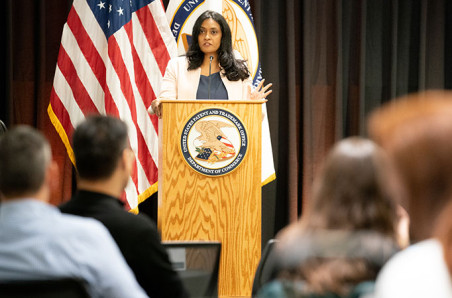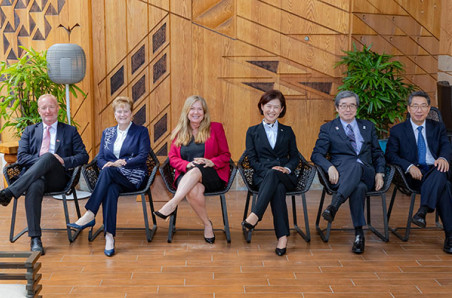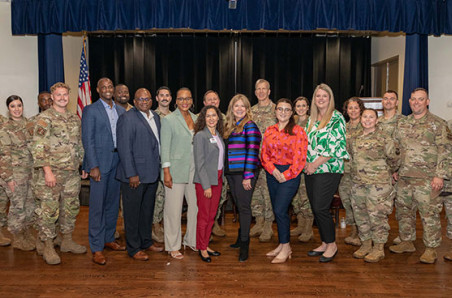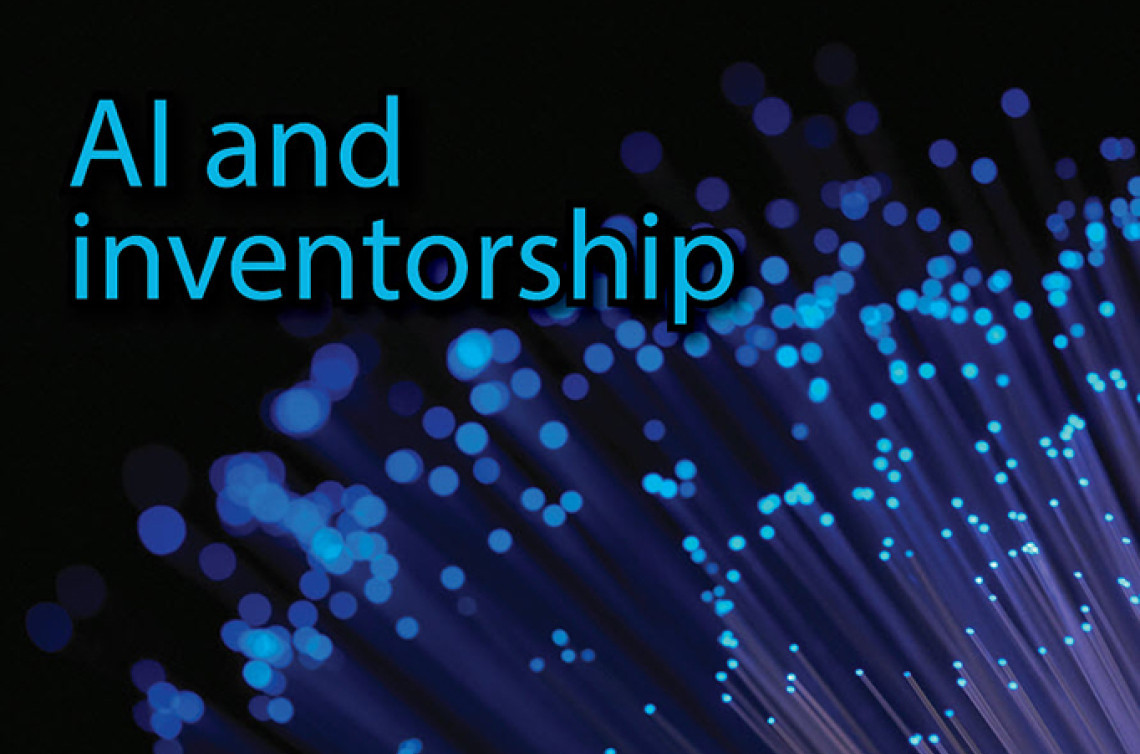
With artificial intelligence speeding the innovation process, what does that mean for invention and a properly balanced patent system?
Artificial intelligence (AI) is one of the most powerful technologies of our generation, and it presents big opportunities and risks. At the USPTO, we are working on the responsible introduction of new AI into our workflow and organizational excellence, and are working across government and closely with the Department of Commerce on AI.
Through our AI and Emerging Technology (ET) Partnership, we are also looking closely at the growing role of AI in innovation and its potential to dramatically affect our lives, improve our country's competitiveness, economic prosperity, and national security. Our AI/ET Partnership supports the Biden Administration's whole-of-government approach to AI, including the National AI Initiative to advance U.S. leadership in AI.
As AI assumes a larger and larger role in innovation, and given recent developments and the current trajectory in innovation in AI, we are presented with new questions. If an AI system can contribute to an invention at the same level as a human, is the invention patentable under current law? Does allowing AI systems to be listed as inventors promote and incentivize innovation? Should the USPTO require applicants to provide an explanation of contributions AI systems made to inventions claimed in patent applications? These are some of the questions we are asking in our recent request for comments on AI and inventorship.
For the last several years, the USPTO has been exploring these and other questions about the role of AI in innovation. And we know that role is increasing. We recently analyzed all of our patents to study the impact that AI is having on technology development in the United States and the world. We found that 80,000 of our utility patent applications in 2020 involved AI – 150% higher than in 2002. AI now appears in 18% of all utility patent applications we receive, and in more than 50% of all the technologies that we examine at the USPTO.
This data reinforces that AI is important in innovation in all industries, and from all regions of the country. And we know there are a lot of surrounding questions related to AI and inventorship.
AI has the potential to benefit our wellbeing in many ways, from revolutionizing the drug discovery and development process to helping address climate change. It also presents potential drawbacks, some of which we may not even yet recognize. It's important that we take a measured approach and hear your feedback on these important issues.
That's why we need your input on how the U.S. government should address AI-enabled innovations while ensuring that our laws and policies continue to encourage and incentivize innovation without unduly locking up advances that can be readily discovered with the use of AI. Our takeaways will shape our future work on AI and ET policy at the USPTO and will help inform the broader U.S. government's approach to these critical technologies.
We have listening sessions coming up to learn about the impact of AI on the invention process and intellectual property on April 25 at the USPTO headquarters in Alexandria, VA, and on May 8 at Stanford University. You can attend both sessions either in person or virtually, and we'll make recordings available afterwards. And, planning is already underway for our next AI and Emerging Technologies (ET) Partnership event later this summer. There, we'll focus on how we are responsibly using AI tools at the USPTO. You can find information about all these events on our AI and ET Partnership page of the USPTO website.
I hope you will join us at an upcoming listening session and encourage you to submit your feedback to the request for comments by May 15. We look forward to hearing from you!
Engage with the Director and join the conversation on our social media channels.



